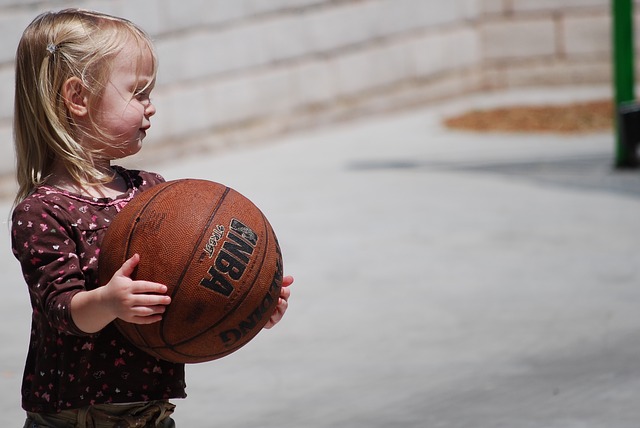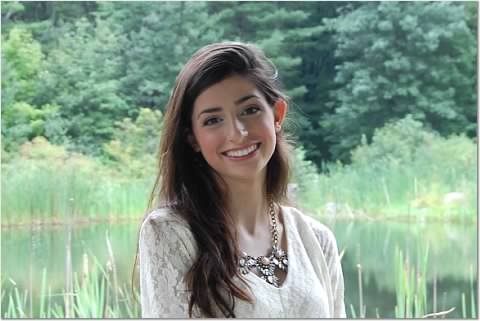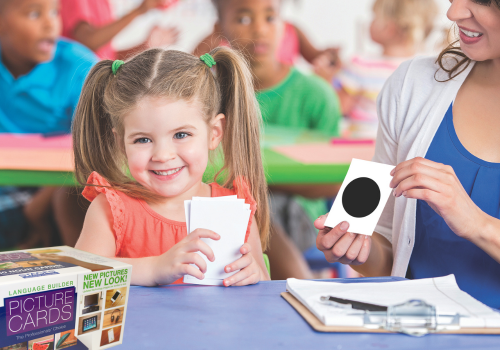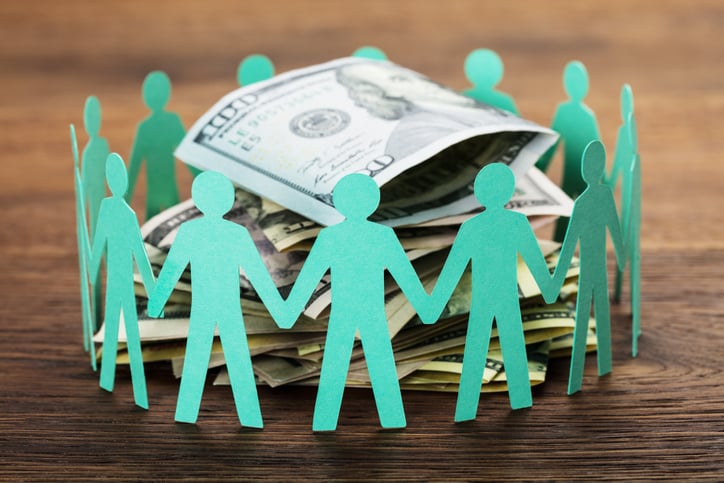Autism and Inclusive Sports
Special Olympics and Unified Sports for Children with Autism
Sports are a unifying, fun way for individuals and communities to connect. For individuals with autism, participation in athletic events may be difficult due to the loud, chaotic environments or exclusion from participating. The Special Olympics and Unified Sports are programs specifically created to be inclusive of athletes of all ages and abilities in participating in team sports.
| Inclusive sports fosters a sense of belonging and inclusion, competition, fun, and social and physical components. |
The Special Olympics got their start in 1960 by Eunice Kennedy Shriver. When a woman complained to Shriver of her difficulty in finding a summer program that was welcoming of her child with an intellectual disability, Shriver took it upon herself to create a program. “Camp Shriver,” created in 1960, was held at Shriver’s Maryland farm and accepted any child with special needs who wanted to participate. Alongside the children, Shriver hired local neurotypical high school and college students to act as camp counselors.
It was important to Shriver that her camp be inclusive of all individuals with and without special needs and that all participants had the opportunity to enjoy the activities alongside one another, equally. The first “Camp Shriver,” which included activities such as soccer, basketball, swimming, and horseback riding, consisted of 34 campers and 26 counselors. “Camp Shriver” flourished, and in 1968, the first Special Olympic Games, with nearly 1,000 athletes from the U.S. and Canada, were held in Chicago. Since then, the program has grown enormously, with over 5 million athletes in 170 countries.
What are the Special Olympics?
The Special Olympics offers 30+ year-round Olympic-style athletic events created for individuals with intellectual or developmental disabilities. Special Olympic programs are free to participate in and are offered for children ages 2 to 7 years (Young Athletes program) and 8 years and up. Athletes may participate in afternoon training sessions and structured Olympic competitions at the end of each season. There is no formal commitment; participants may drop in for an afternoon training or commit all year long. Special Olympics events are structured so athletes are divided and compete among peers of the same age and ability. There are 223 Special Olympics programs in 172 countries.
What are Unified Sports?
Unified Sports are local and school-based programs that offer opportunities for both individuals with and without intellectual or developmental disabilities to participate in sports alongside one another. The goal of Unified Sports is to promote inclusion and acceptance among individuals with and without special needs.
Positive Impact of Inclusive Sports
For individuals with special needs, inclusive sports offer a structured environment for athletes to participate socially and physically in sports with others in their community. Special Olympics and Unified Sports are specifically designed for and catered towards individuals with special needs and offer an understanding, inclusive, safe environment. Inclusive sports fosters a sense of belonging and inclusion, competition, fun, and social and physical components.
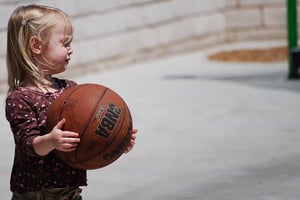 Families and friends may get involved as coaches, fundraisers, chaperones, and supporters. Becoming involved in the community’s inclusive sports programs are a great opportunity to become involved socially with other families of children with special needs. Becoming involved introduces families to a network of professionals, further resources, and similar families. Sports and friendly competition is unifying for all!
Families and friends may get involved as coaches, fundraisers, chaperones, and supporters. Becoming involved in the community’s inclusive sports programs are a great opportunity to become involved socially with other families of children with special needs. Becoming involved introduces families to a network of professionals, further resources, and similar families. Sports and friendly competition is unifying for all!
Inclusive sports welcome athletes of all abilities. Recreational participation is both physically and mentally therapeutic for individuals. For individuals with severe intellectual or physical needs, the Special Olympics Motor Activity Training Program (MATP) supports these individuals with the tools they need to succeed. (For more about MATP see: Motor Activity Training Program)
The Special Olympics and Unified Sports are inclusive programs supportive of all individuals with special needs. For children with Autism, sports have been shown to have therapeutic, benefitting the child physically and socially. These programs create a safe, fun atmosphere for children to participate in learning a new sport, continuing to strengthen their athletic skills, meet new friends, and gain confidence. The Special Olympics and Unified Sports see their athletes for their abilities rather than disabilities.
Athletes with Autism
All children with autism or other special needs can potentially benefit from participating in the Special Olympics or Unified Sports, and for some children it can change the course of their life. For example, Jessica-Jean Applegate and David Campion, both of whom have autism, have become award winning athletes garnering world-wide fame.
Jessica-Jean Applegate, 22, from the United Kingdom became the first British athlete with an intellectual disability to participate and win gold at the 2012 Paralympics. Diagnosed with Aspergers, Applegate has discussed struggling socially and with changes in routines. However, she explains, with support from her coaches, teammates, and fans, she has become more comfortable and confident in her swimming and athletic routine. In the Paralympics, Applegate has won 10 gold medals and continues to compete.
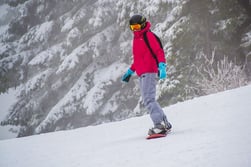 David Campion, 32, from Australia is a two season athlete, competing in basketball in the summer and snowboarding in the summer. Diagnosed with Autism, Campion explains that he is more comfortable with snowboarding, an individual sport, because working with his teammates in basketball can be stressful for him. Campion has represented Australia at the Special Olympics World Games multiple times in snowboarding. The structures practices and feeling of support, Campion notes, are what make him feel comfortable and accepted as an athlete.
David Campion, 32, from Australia is a two season athlete, competing in basketball in the summer and snowboarding in the summer. Diagnosed with Autism, Campion explains that he is more comfortable with snowboarding, an individual sport, because working with his teammates in basketball can be stressful for him. Campion has represented Australia at the Special Olympics World Games multiple times in snowboarding. The structures practices and feeling of support, Campion notes, are what make him feel comfortable and accepted as an athlete.
How to Get Involved
Special Olympics and Unified Sports are free to join and participate!
Local program and registration: https://www.specialolympics.org/programs
To find sports offered: https://www.specialolympics.org/our-work/sports
This article was based on the following research:
Dykens, E. M., Rosner, B. A., & Butterbaugh, G. (1998). Exercise and sports in children and adolescents with developmental disabilities: positive physical and psychosocial effects. Child and Adolescent Psychiatric Clinics of North America, 7(4), 757-771.
Harada, C. M., Siperstein, G. N., Parker, R. C., & Lenox, D. (2011). Promoting social inclusion for people with intellectual disabilities through sport: Special Olympics International, global sport initiatives and strategies. Sport in Society, 14(9), 1131-1148.
Kersh, J., Siperstein, G. N., & Center, S. O. G. C. (2012). The positive contributions of Special Olympics to the family. Special Olympics.
Ohrberg, N. J. (2013). Autism Spectrum Disorder and youth sports: The role of the sports manager and coach. Journal of Physical Education, Recreation & Dance, 84(9), 52-56.
https://www.specialolympics.org


